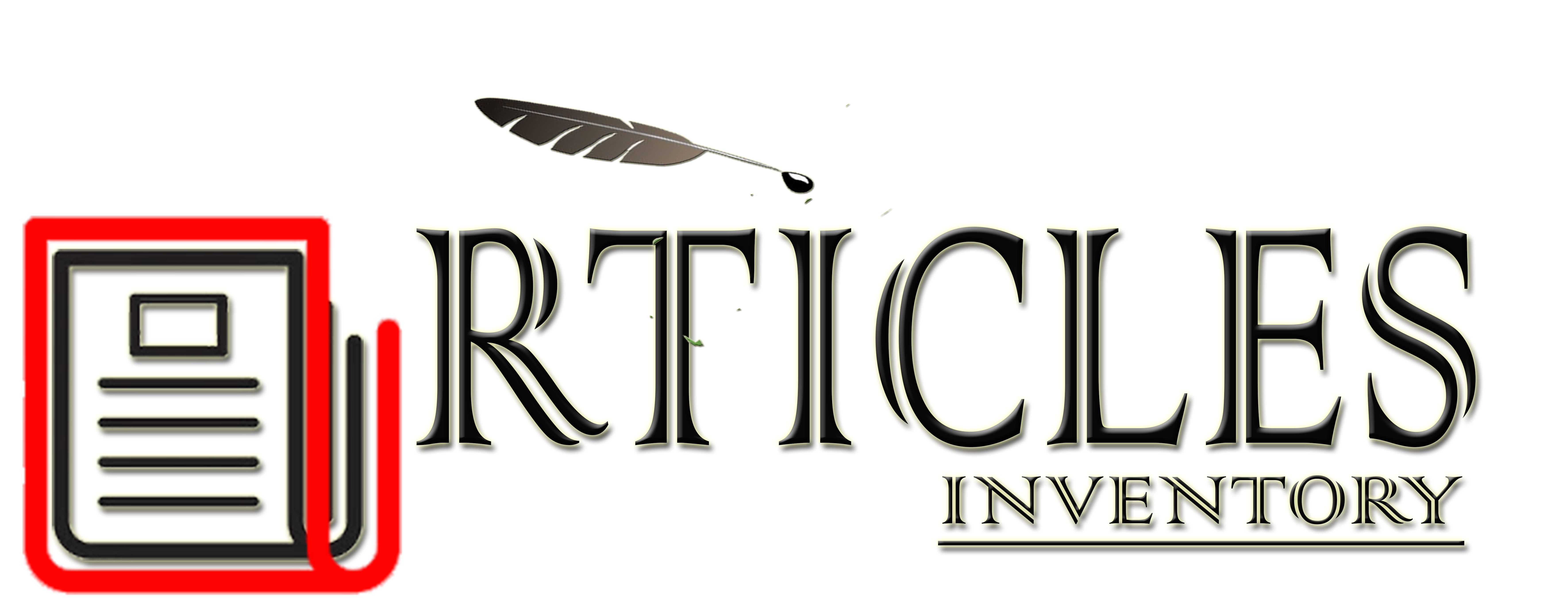Crafting Literary Success: A Comprehensive Guide for Aspiring Authors
Embarking on the journey from the inception of a manuscript to its publication requires a roadmap that navigates the intricacies of writing, editing, marketing, and ultimately, getting published. Here, we unravel the key elements that every aspiring author should consider, including book editing services, the cost of hiring an editor, techniques for writing better novels, strategies for selling books online, and the elusive path to getting published.
1. The Crucial Role of Book Editing Services
At the nucleus of any successful book lies the refinement process provided by professional book editing services. From developmental edits that shape the narrative structure to line edits that enhance the prose, and proofreading for meticulous error-catching, the editing journey is multifaceted. Authors often grapple with the decision of whether to self-edit or invest in professional services.
Tip: While self-editing is valuable, professional book editing services bring an unbiased and meticulous eye, ensuring the manuscript meets industry standards.
2. Deciphering the Costs: How Much Does an Editor Cost?
The financial aspect of hiring an editor can be a daunting concern for many writers. Editor costs vary based on factors such as experience, the scope of editing needed, and the genre of the manuscript. Understanding these nuances is crucial for budgeting without compromising on the quality of the editing process.
Tip: Research various editors, request quotes, and select an editor whose expertise aligns with your manuscript’s needs while fitting within your budget.
3. Crafting Literary Brilliance: How to Write Better Novels
The art of novel writing is a continual process of honing one’s craft. Aspiring authors often seek guidance on how to write better novels. This involves a combination of consistent practice, extensive reading, and a willingness to accept constructive feedback. Creating well-developed characters, crafting immersive settings, and mastering dialogue are key components of elevating one’s writing skills.
Tip: Engage with writing communities, attend workshops, and seek feedback from peers to enhance your writing abilities.
4. Navigating the Digital Marketplace: How Do I Sell My Books Online?
In the digital age, selling books online is a critical aspect of an author’s journey. Platforms like Amazon, Barnes & Noble, and independent bookstores provide avenues for reaching a global audience. Establishing a robust online presence, leveraging social media, and employing effective marketing strategies are essential for success in the competitive digital marketplace.
Tip: Research different online platforms, understand their policies, and utilize social media to build anticipation and awareness around your book.
5. The Journey to Publication: How Do I Get Published?
The path to publication is often perceived as mysterious and challenging. Traditional routes involve querying literary agents and submitting to publishing houses, while self-publishing offers a more direct avenue. Authors must weigh the pros and cons of each path, tailor submissions to specific guidelines, and persevere through the inevitable rejections on the road to publication.
Tip: Thoroughly research literary agents and publishing houses, adhere to submission guidelines, and consider self-publishing if you seek greater control over the publishing process.
In conclusion, the journey from manuscript to publication is a multifaceted expedition that involves meticulous editing, understanding editor costs, refining writing skills, mastering online book sales, and navigating the complex road to publication. Armed with knowledge and perseverance, aspiring authors can confidently traverse these challenges and bring their literary creations to the forefront of the reading world.




